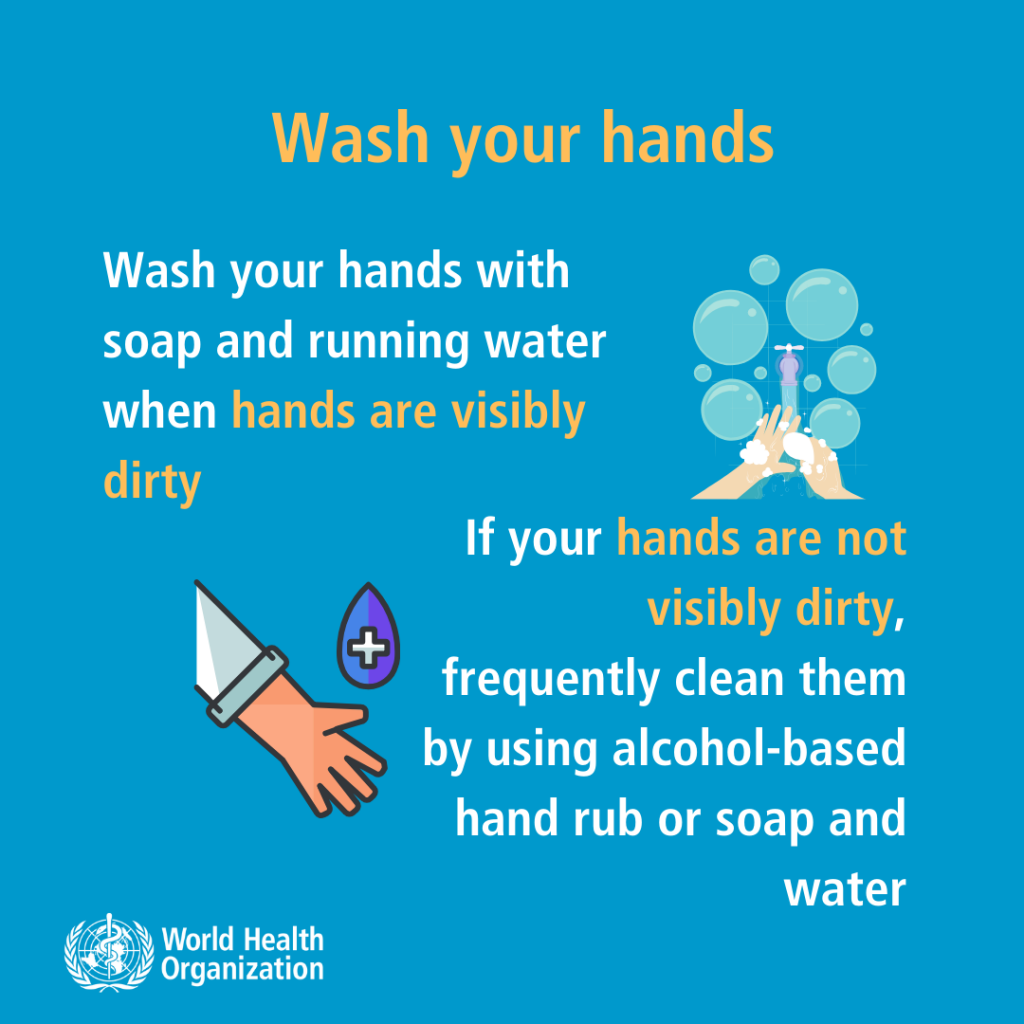
The World Health Organization has declared Coronavirus a pandemic and therefore a public health emergency of global concern. Based on the World Health Organization’s declaration the UK Chief Medical Officers have raised the risk to the UK from low to moderate.
The number of cases and risk level in the UK is increasing by the day.As of 9am on 11 March 2020, 27,476 people have been tested in the UK, of which 27,020 were confirmed negative and 456 were confirmed as positive. Six patients who tested positive for COVID-19 have died.
A coronavirus is a type of virus. As a group, coronaviruses are common across the world. Typical symptoms of coronavirus include fever and a cough that may progress to a severe pneumonia causing shortness of breath and breathing difficulties.
Generally, coronavirus can cause more severe symptoms in people with weakened immune systems, older people, and those with long-term conditions like diabetes, cancer and chronic lung disease. Novel coronavirus, (COVID-19) is a new strain of coronavirus first identified in Wuhan City, China.
Diagnosis and analysis
The UK is one of the first countries outside China to have a prototype specific laboratory test for this new disease. Healthcare professionals who are contacted by a patient with symptoms following travel to an affected area have been advised to submit samples to PHE for testing. Individuals should be treated in isolation.
After the experience of severe acute respiratory syndrome (SARS) in 2003, PHE developed a series of diagnostic tests to detect any member of the family of coronaviruses. These have been used for several years, and were able to detect the first UK case of Middle East respiratory syndrome (MERS) in 2012.
With the first reported publication of the genome sequence of a 2019 novel coronavirus, PHE was able to rapidly develop further specific tests for this virus, working with WHO and global network of laboratories.
When a clinician suspects novel coronavirus (COVID-19), they take samples from the nose, throat and deeper respiratory samples, package and send them safely to PHE Colindale. PHE can provide a laboratory result from this specific virus on the same working day.
PHE also has the capability to sequence the viral genome and compare this to published sequences from China, if a case occurs. This will provide valuable information on any mutations in the virus over time and allow an improved understanding of how it spreads.
Symptoms of coronavirus
The symptoms of coronavirus are:
- a cough
- a high temperature
- shortness of breath
But these symptoms do not necessarily mean you have the illness.
The symptoms are similar to other illnesses that are much more common, such as cold and flu.
How coronavirus is spread
Because it’s a new illness, we do not know exactly how coronavirus spreads from person to person.
Similar viruses are spread in cough droplets.
It’s very unlikely it can be spread through things like packages or food.
How to avoid catching or spreading coronavirus
Do
- wash your hands with soap and water often – do this for at least 20 seconds
- always wash your hands when you get home or into work
- use hand sanitiser gel if soap and water are not available
- cover your mouth and nose with a tissue or your sleeve (not your hands) when you cough or sneeze
- put used tissues in the bin straight away and wash your hands afterwards
- try to avoid close contact with people who are unwell
Don’t
- do not touch your eyes, nose or mouth if your hands are not clean
What to do if you think you might have coronavirus
If you think you might have coronavirus or you’ve been in close contact with someone who has it:
- stay at home and avoid close contact with other people
- do not go to a GP surgery, pharmacy or hospital
- use the NHS 111 online coronavirus service to find out what to do next
The 111 coronavirus service will tell you if you need to continue to stay at home (self-isolate) or if you need medical help.
Use the 111 coronavirus services
Treatment for coronavirus
There is currently no specific treatment for coronavirus.
Antibiotics do not help, as they do not work against viruses.
Treatment aims to relieve the symptoms while your body fights the illness.
You’ll need to stay in isolation away from other people until you’ve recovered.
Kindly follow us on twitter:@AfricanVoice2










